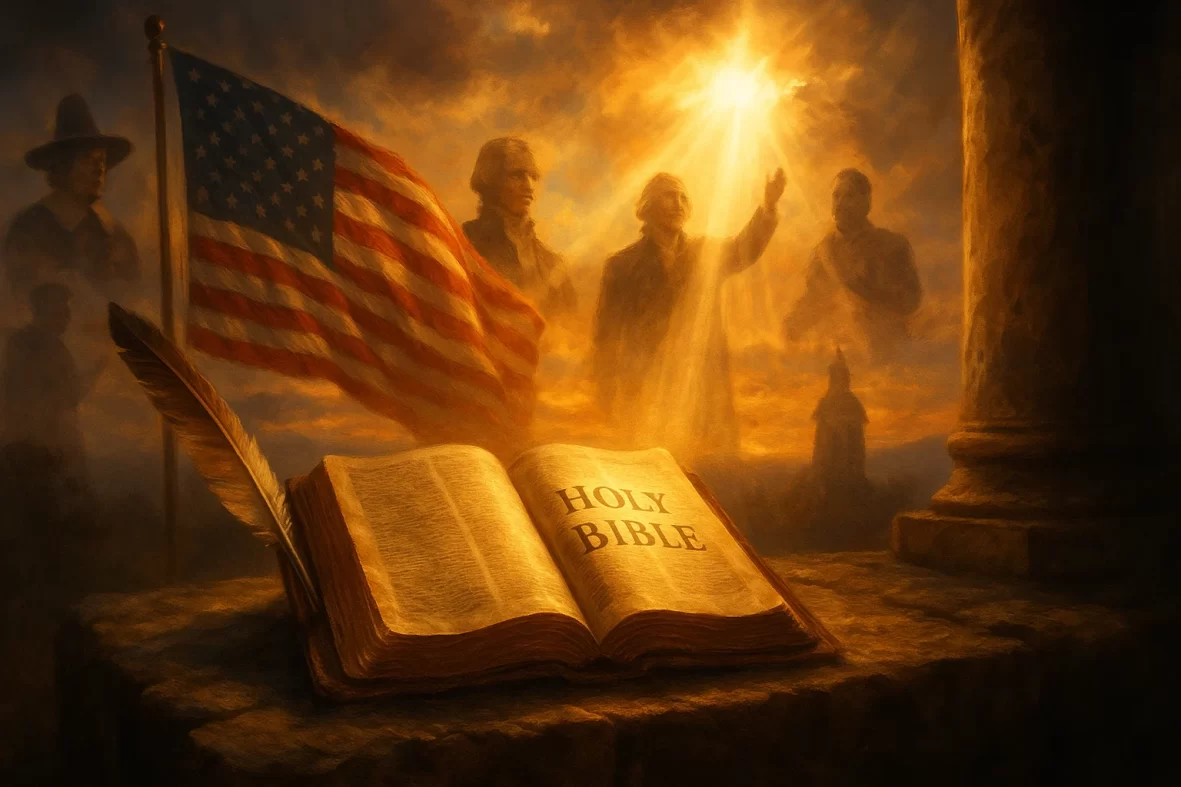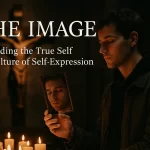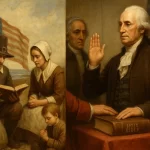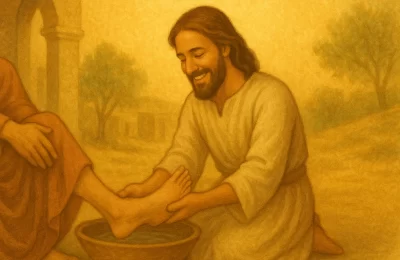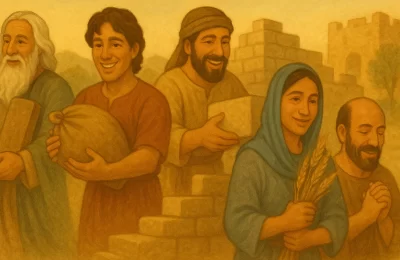A Christian Perspective on the Principles, People, and Providence That Shaped a Nation
Introduction: Scripture and the Soul of a Nation
“It is impossible to rightly govern the world without God and the Bible.”
— George Washington
Imagine a windswept beach in 1620. A band of weary travelers kneels beside a rock, heads bowed, clutching a worn Bible. These are not just pioneers—they are covenant-makers. To them, the Scriptures were not a private comfort, but a public compass. Before America had a Constitution, it had a conviction: that God’s Word was not merely for the soul, but for society.
This is the heart of Civic Theology—the belief that the Bible not only speaks to personal salvation but also provides the moral architecture for public life. In this twelve-part series, we’ll explore how Scripture shaped the American experiment in liberty—from Plymouth Rock to the Supreme Court bench, from tent revivals on the frontier to civil rights marches in Selma. This is not nostalgia for a theocracy; it’s a call to remember that biblical truth once guided—and can again guide—our national conscience.
What Is Civic Theology?
Civic theology is the intersection of Christian faith and civic responsibility. It asks: How should God’s truth shape how we govern, serve, protest, and vote? The Apostle Paul calls believers to “be subject to the governing authorities” (Romans 13:1–2) while Peter exhorts us to “honor everyone…fear God, honor the emperor” (1 Peter 2:17). Jesus Himself, when asked about taxes, replied with piercing clarity: “Render to Caesar the things that are Caesar’s, and to God the things that are God’s” (Matthew 22:21).
The Bible affirms human government—while insisting it must answer to a higher law. This theological tension runs like a current through American history. From the Mayflower Compact to the Declaration of Independence, from revivalist pamphlets to inaugural prayers, the conviction has remained: freedom flourishes best when rooted in righteousness.
A Biblical Republic:
From Covenant to Constitution
This series begins with the earliest seeds of biblical governance in the American colonies. Pilgrims and Puritans saw their political charters as covenants with God, citing Micah 6:8 as their civic mission: “to act justly, love mercy, and walk humbly.” Their children learned to read using primers laced with Scripture. Their governors and judges—like Moses before Pharaoh—were expected to know and obey the Word of God (Deut. 17:18–20).
Fast-forward a century, and this biblical imagination still guided patriots like George Washington and John Adams. Even those with more deistic leanings, like Jefferson, acknowledged the Bible’s moral influence on liberty. Andrew Jackson would later thunder, “That Book, sir, is the rock on which our Republic rests.”
Why This Series, and Why Now?
Today, debates about faith and freedom rage hotter than ever. Is America a Christian nation? Should Scripture inform public policy? What does it mean to protect religious liberty without imposing religion?
This series doesn’t offer soundbites. It offers substance. We’ll walk through history like pilgrims of old—sometimes solemn, sometimes joyful—drawing from founding documents, frontier diaries, presidential prayers, and revival sermons. We’ll meet saints and sinners, prophets and presidents, tracing how Scripture formed the bedrock of American civic life.
And through it all, we’ll ask: What does the Lord require of us today?
What You Can Expect
Each part of this series tackles a pivotal theme:
- Foundations of Civic Theology – How Scripture became America’s moral bedrock
- The Puritan Covenant – Why colonial leaders saw their towns as biblical covenants
- The Great Awakenings – How revival fueled liberty and conscience
- The Founders’ Faith – Saints, sinners, and the Bible’s political influence
- The Declaration of Independence – Biblical echoes in the language of equality
- The Constitution and Rule of Law – Why self-government needs moral citizens
- Bible and the Frontier – Tocqueville’s vision of faith in the wilderness
- Religious Liberty – How grace gave birth to freedom of conscience
- Slavery and Abolition – The Bible on both sides, and how the Gospel won out
- Civil Rights and Justice – How MLK preached freedom from Amos and Isaiah
- Modern America – Civic theology in a secular age
- The Covenant Continues – A call to biblical citizenship for today and tomorrow
This is not just a history lesson—it’s a discipleship path. Civic theology invites every believer to be a faithful steward of both their citizenship in heaven and their stewardship on earth (Philippians 3:20; Matthew 5:13–16).
So open your Bible. Open your history book. And let’s rediscover how the Word of God shaped the land of liberty—and how it still can.



